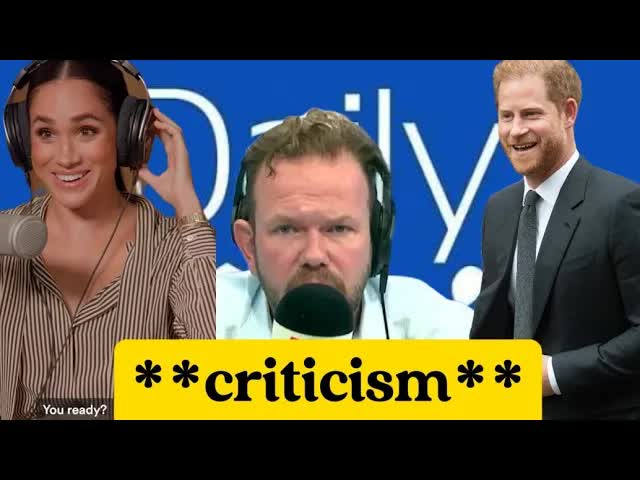In a world where narratives often clash, a recent discussion has shed light on the perplexing dynamics of cultural identity and the quest for victimhood.
The conversation, sparked by a thought-provoking article over the weekend, delves into the bizarre reverence some individuals seem to have for figures like Jacob Rees-Mogg, raising eyebrows and concerns about societal values.
How is it that anyone could genuinely believe that someone with such a controversial reputation holds superior intellect?
This notion is not only amusing but also disheartening, as it suggests a troubling limitation on aspirations for both individuals and their children.
Teaching children to “know their place” is arguably one of the most damaging lessons one can impart.
It shackles their ambitions and aspirations, fostering a mindset that stifles potential.
Meanwhile, those who propagate this idea often fail to apply it to their own offspring, creating a glaring hypocrisy.
The desire to feel persecuted is another curious phenomenon that has taken root in contemporary society.
There’s an unsettling trend where individuals are encouraged to view themselves as victims, often without substantial evidence to support their claims.
Take, for example, the narrative surrounding the European Union, which some liken to a modern-day Fourth Reich.
But where’s the proof of this supposed persecution?
Instead, it appears to be a manufactured fear, a distraction from real issues.
The same applies to the cultural panic over statues and heritage sites; the argument often boils down to the idea that discussing historical truths equates to an attack on one’s culture.
This line of reasoning is fundamentally flawed, as it fails to recognize that acknowledging history is not the same as erasing it.
Yet, amidst this turmoil, there lies a troubling reality: many willingly hand over their hard-earned money and moral compass to those peddling this false sense of victimhood.
The irony is palpable, especially as parents scramble to prepare their children for school after a long break.
How can one reconcile the need for financial stability with the allure of joining a victim narrative?
James O’Brien, a prominent commentator, highlights the absurdity of this situation, particularly in relation to the animosity directed at Meghan Markle.
Many who harbor disdain for her struggle to articulate specific reasons for their feelings.
Instead, their hostility seems to be grounded in irrational fears and societal prejudices, often perpetuated by sensationalist media.
This media-driven climate fosters blind hatred, where individuals react emotionally rather than critically.
It’s striking how many people express outrage over Meghan without being able to pinpoint why.
Their animosity often stems from deeply ingrained biases rather than any substantive grievances.
The headlines that dominate our news feeds thrive on fear, creating a landscape where unfounded accusations flourish.
Moreover, the intersection of race and cultural identity plays a significant role in the backlash against Meghan and Harry.
Some perceive their progressive values as a direct threat to established norms, sparking a defensive reaction among those who cling to traditional power structures.
This dynamic transforms public figures into scapegoats, allowing individuals to project their insecurities onto easily identifiable targets.
As James O’Brien aptly notes, the media bears a significant responsibility in shaping public perception.
While the freedom of the press is essential, it must be wielded with care.
Sensationalism and fear-mongering contribute to a toxic discourse that undermines rational debate.
The challenge lies in promoting responsible journalism that informs rather than inflames.
To counteract the prevailing hatred, we must cultivate a culture of empathy and understanding.
This involves challenging the narratives that fuel animosity and fostering open dialogue.
By focusing on shared humanity rather than divisive rhetoric, we can begin to dismantle the barriers that separate us.
Ultimately, the journey toward a more compassionate society requires introspection and a willingness to confront our biases.
As we reflect on the insights shared by commentators like O’Brien, it becomes clear that the issues driving discontent extend beyond individual figures.
They reflect a broader societal struggle with identity, fear, and the relentless pursuit of belonging.
By embracing diversity and engaging with differing perspectives, we can pave the way for a future where public figures are evaluated based on their actions rather than their backgrounds.
The path forward is illuminated by understanding, compassion, and the courage to challenge our preconceptions.
